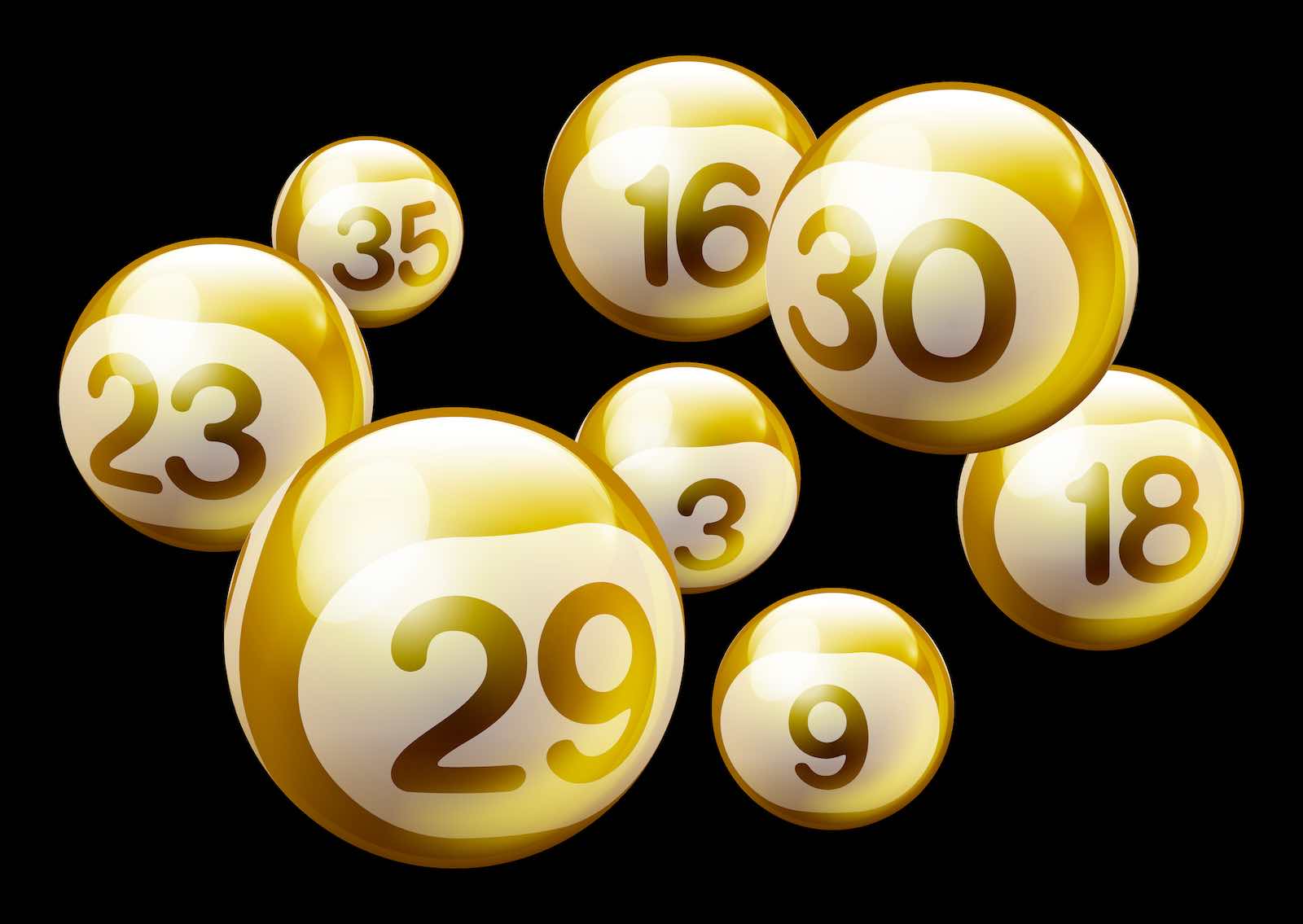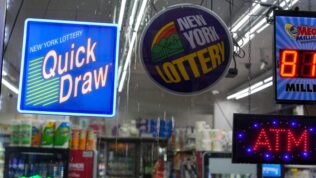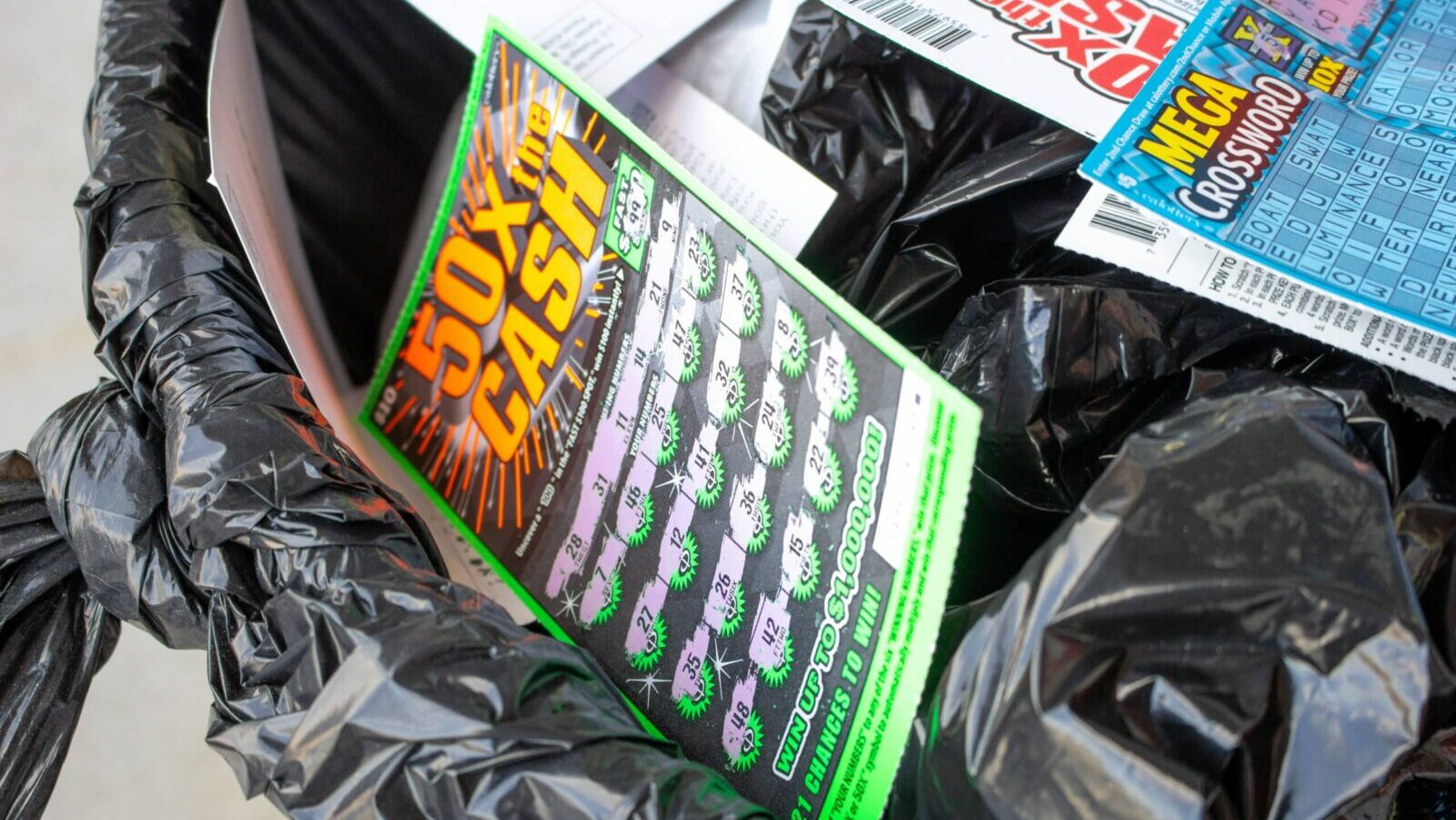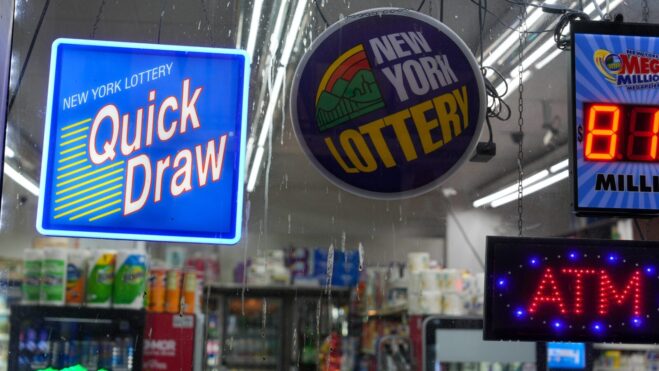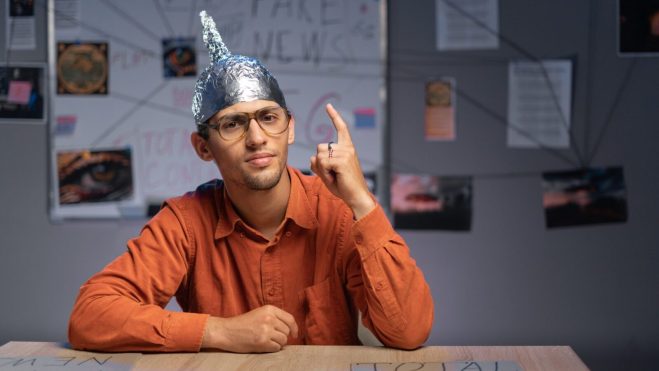Dr. Victor A. Matheson first warmed up to the lottery as a subject of academic inquiry back in graduate school in the late 1990’s because, as it turns out, state-run lottery agencies are much more amenable to furnishing voluminous data than privately held casino businesses.
“We always love to get our hands on data, and that’s what we’re able to do,” Matheson, a professor of Economics and Accounting at the College of Holy Cross, recalled in an interview with Lottery Geeks.
Lotteries and gambling has remained a staple of Matheson’s research over the years, and accordingly Lottery Geeks was thrilled to have his company for a discussion about lottery psychology, the present-day lottery industry, and some general lottery considerations.
You're probably not going to win the Powerball.
But, just in case, here's Holy Cross Economics Professor @VictorMatheson_ on what to do if you do take home the $1.6 billion jackpot.https://t.co/JqTxDNOgOz pic.twitter.com/gBdPHJc8ql
— College of the Holy Cross (@holy_cross) November 4, 2022
Lottery Geeks (LG): You’ve been involved in studies regarding the lottery for quite some time. Just how long have you been following the lottery?
Victor Matheson (VM): I think I wrote my first papers on the lottery back when I was still in graduate school in the late 1990s. The reason we started looking at that is because, first of all, one of the great things about the lottery is they’re all run by state organizations, which means they’re all subject to freedom of information requests. So the state lotteries are extremely forthcoming with data in ways that, for example, casinos are not. You can write a request to a casino saying, “Hey, how many people are playing blackjack last Wednesday?” And they’ll laugh you out of the casino. But if you write up a state lottery association and say, “Hey, I need to know how many tickets were sold last week,” they will provide that information.
So that’s, of course, an economist’s dream. We always love to get our hands on data, and that’s what we’re able to do.
The real thing that spurred this was some of the first really big jackpots. We saw some jackpots that were $100 million jackpots run for lotteries that you had like a 1 in 50 million chance of winning. So it looked like the actual return might be more than the actual cost of the lottery ticket.
And so what first spurred me on is that are there some lottery drawings out there that actually have a positive expected value from a ticket. Because the rule in gambling is, the house always wins. Any time you can possibly find a gamble that actually is in the bettor’s favor, that’s kind of a fun thing to look at.
LG: Let’s pivot to some quick practical questions for our readers. First of all, since this is something you’ve studied, how can someone legally improve their chances of winning the lottery?
VM: Yeah, so the biggest thing you can do is you can try to pick numbers that are unusual numbers rather than common numbers. Most lotteries have – well, all lotteries have – a “parimutuel grand prize.” That means that the grand prize is funded with a percentage of every ticket price. But if two people win on any given day, that means you’re going to have to share that prize with the other person. So in the chance that you do win, you want to make sure the numbers you’ve chosen when you win that lottery are numbers that no one else will have chosen either.
In some of the smaller lotteries, for example, like the Texas State Lotto or Lotto Texas, the lower tier prizes are also parimutuel as well. And what that means, again, is a certain portion of every prize goes into that fund and then is shared among everyone who has gotten four or five of the six correct numbers.
So again, your chances of any particular number coming up are the same. But if your numbers do come up, you want them to be rare numbers, so you’re not sharing those with a lot of people. So what do we mean by rare numbers? Rare numbers are typically numbers above 31, because lots of people play birthdays. So no days above 31. And you want to avoid sevens and eights, because sevens are lucky numbers in Western nations, and eight is a lucky number in China.
The lowest lottery payout ever in the Lotto Texas occurred during a drawing where 18, 28, 38, and 48 all came up as winners. And because of that, you had a lot of people who were guessing those lucky ‘eight’ numbers. And therefore, even though they won the lottery, they had to share it with a bunch of other people.
LG: And if someone were to win a huge jackpot, what are the first two things they should do with their money?
VM: Well, the first thing they should do before they do anything, is get legal advice and get financial advice. You certainly don’t want $100 million dumped on you all of a sudden before having time to really set up how you’re going to do that. Also, some states may allow you to remain anonymous. Some states don’t. You need to know how to handle that. You need to know how to handle security. You need to know how to handle the influx of people with sob stories and good causes all calling you.
So that’s the first thing you need to do. The second thing you need to do with any of these lotteries is decide whether you’re going to take the lump sum or you’re going to take the annuity. Almost everyone takes the lump sum. About 99% of players take the lump sum. But there’s actually some tax reasons why that annuity might do well for you as well. (Editor’s note: for more on those “tax reasons,” see our article here.)
LG: And can you break down where exactly the revenue from, let’s say, a $2 lottery ticket goes?
VM: It’s a little bit different for every game. Money goes to different places. But as an approximation, from a $2 ticket, first of all, about $0.10 goes to the retailer, right? So 7-Eleven or the gas station or Safeway or any of the places that you’re buying lottery tickets … they get a retailer’s commission, which is typically 5%. So $0.10 is going there.
Then you’ve got about $1.10 going into prizes. The lion’s share of that is going into the jackpot because, of course, that’s what people are really excited about, right? That’s why people buy a Powerball or a Mega Million ticket. It’s not for the $10 you can win for getting a few of the numbers right, but it’s for that $100 million or $1 billion you can win. That’s where everyone is coming in. So most of it goes into that big prize pool, but then other amounts of the money is scattered among all the lower-tier prizes as well.
So now we’re left with about 40% of that ticket, so about $0.80. And some of that goes into administration. A few cents of that goes into administration. And then the last of it goes into [state lottery funds.]
Every state designates where lottery funds will go. Some states, like my own here, Massachusetts … [the money] just goes into the general fund, and then the state spends that money where it sees fit. On the other hand, other places like Georgia, they designate all the money that comes in from the state lottery towards education in the state, and they fund college scholarships, among other things.
LG: You mentioned anonymity. Why do some states still require winners to announce their identity, even when this might negatively impact them?
VM: Well, because one of the things that you advertise the lottery with is the fact that it could be you, right? And these actual lottery winners, and featuring these lottery winners in human interest stories and on your website and things like this and at press conferences … These are exactly the things that get people to sell tickets, right? If people really don’t think that a normal person has a chance, then they don’t buy lottery tickets.
So for as long as the lottery’s been around, the people running the lottery have wanted to use the actual winners as their spokespeople and as an advertisement for their product. Otherwise, it’s pretty hard to convince people to buy a $2 lottery ticket where 80 cents of that $2 disappears. There’s a lot better gambles out there than that. So, maybe if we can show the story about the poor waitress with a heart of gold who wins the lottery, that’s the sort of thing that gets people to buy more tickets. And so it’s purely advertising for the Lottery Association.
LG: And when it is possible for a winner to remain anonymous, does this help the lottery industry at all, or does it just help the winner?
VM: So my guess is it’s a net negative for the Lottery Association, right? On the one hand, you can say, hey, you should feel comfortable buying the lottery ticket because if you win, we’re not going to exploit you. On the other hand, you’re not getting to engage in any of that good advertising that you get from your winners. My guess is that that’s a net negative for the Lottery Association.
That being said, I also suspect in a world where we are more and more online and people are less and less anonymous and people can get doxxed so easily, I suspect that we are trying to respect anonymity a little more now, knowing the potential dangers of exposing people to the public, especially a person who’s just come into $100 million.
Stay tuned for Part Two of our interview with Matheson, in which he discusses recent changes in the lottery, lottery smartphone apps, and the future of the industry.
